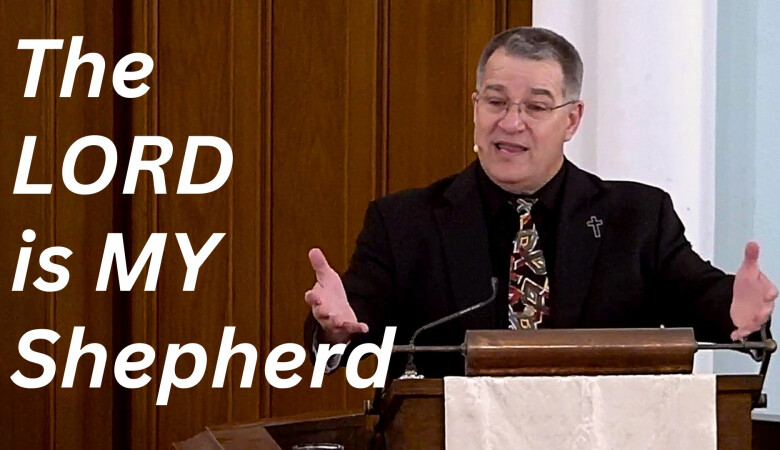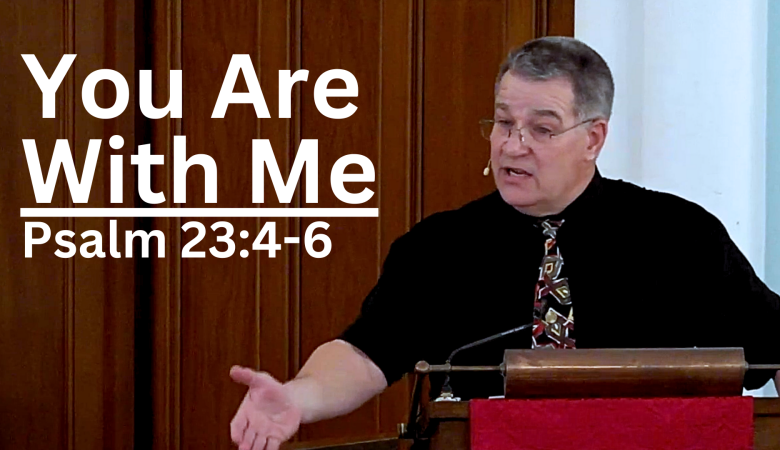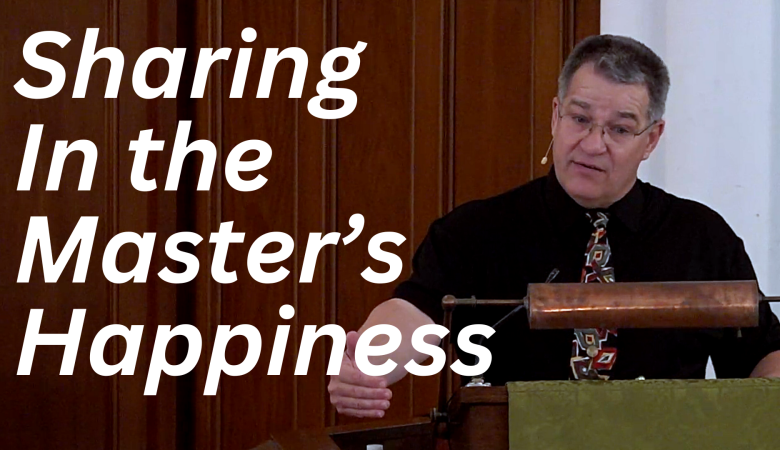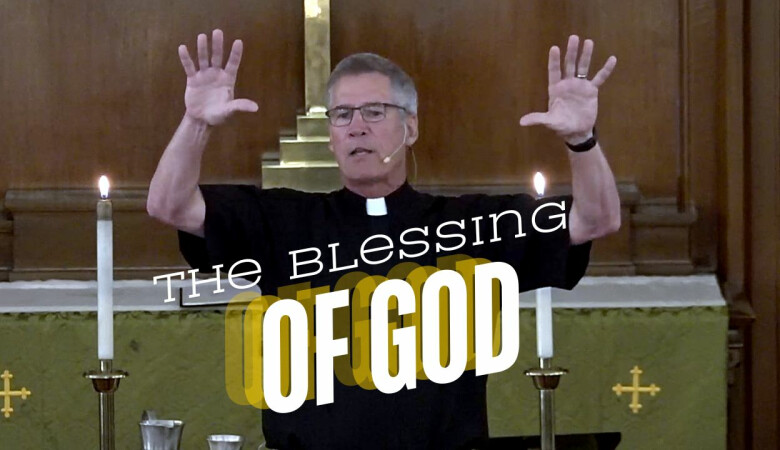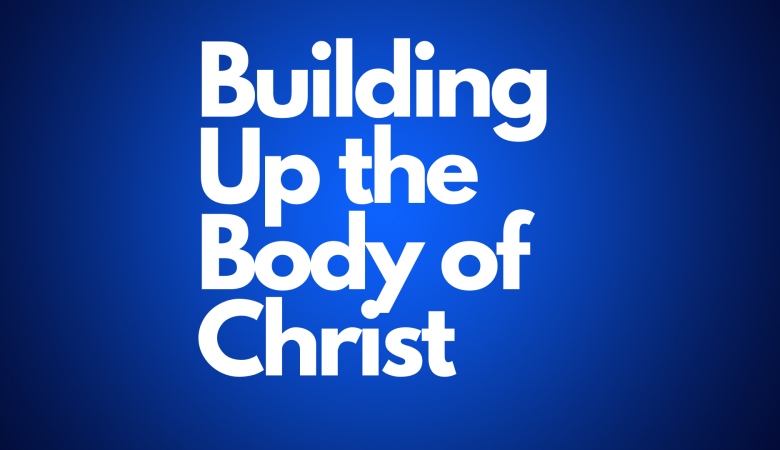Series: Guest Preachers
A Praying Way of Life
September 01, 2024 | Ron Zeigler
Passage: 1 Timothy 2:1-7
ALL SERMONS IN SERIES
Summary
Developing a praying way of life is at the core of the life of a Follower of Jesus. The apostle Paul urged Timothy as he led the early church in Ephesus to first of all, pray all kinds of prayers for all kinds of people. This included even kings and those people in high positions. This was to be done so that the people of God, the everyday people, may lead peaceful, quiet, and godly lives. This is important because God purposed these prayers to be part of His plan to save all kinds of people through faith in the one and only mediator between God and mankind, the man, Jesus The Christ.
Transcript
1 Timothy 2:1-7 outlines a praying way of life, emphasizing three key aspects: the calling, the commitment, and the cure. Today, I will primarily focus on the first two parts. The main emphasis of the message this morning is the calling, which is directed to all of us in Christ, as Paul writes to Timothy. Timothy, in turn, is leading a congregation, so this message is particularly relevant to the elders, who are to be mindful of Paul’s instructions. However, it also applies to all of us as members of the congregation, reminding us of our calling to develop a praying way of life. This calling is not just an invitation but a commitment from God, who intends to use our prayers. The power and effectiveness of our prayers ultimately rest in Christ, as Paul reminds us that there is only one way to God, and that is through Jesus Christ.
Let us take a moment in prayer: "Dear Father in heaven, thank you for your Spirit who is here to show us our sin, to direct us unto righteousness, and to remind us of all that Jesus has spoken. Oh, how we need you. We need to be reminded that we have everything in Christ and that all you call us to is not to gain what we already have in Christ, but to manifest it in the world where you have called us to show your love and speak your truth. We ask for your guidance today. Take us wherever we are and use us; remind us, strengthen us, comfort us, that we are your useful instruments however you desire. We thank you in the glorious name of Jesus. Amen."
Paul’s letter to Timothy begins with an important greeting: “Paul, an apostle of Christ Jesus by the order of God our Savior and of Christ Jesus our hope, to Timothy, a true child in the faith. Help, mercy, and peace from God the Father and Christ Jesus our Lord.” This greeting is a beautiful way to begin a letter to someone. Paul urges Timothy to stay in Ephesus so he can guide and direct the people, with the aim of this authoritative instruction being love that comes from a clean heart, a good conscience, and a genuine faith—God’s gift to His people.
In a world where people often speculate about future events, I have grown weary of listening to those who try to predict what will happen. As followers of Jesus, we should not fall into this pattern. Instead, we should follow Paul’s direction given to Timothy: first of all, pray. Develop a praying way of life that sees prayer as fundamental, not supplemental, to our lives. Prayer should be the foundation of how we see the world and our lasting dependence on God. It should not be something we turn to only when we can’t handle a situation on our own. Prayer should lead our lives as we reach out to God, asking for what aligns with His will, in the name of Jesus Christ, for His glory.
Let’s explore the call to prayer that Paul emphasizes. "First of all, then, I urge that supplications, prayers, intercessions, and thanksgivings be made for all people, for kings and all who are in high places, that we may lead a peaceful and quiet life, godly and dignified in every way." It’s noteworthy that Paul says "all people," but then specifically mentions kings and those in high positions, perhaps because we often overlook them. We might be tempted to think we have no impact on them, or even that they don’t need our prayers, especially if we disagree with their actions. However, God, through Paul’s direction to Timothy, calls every follower of Christ to pray all kinds of prayers for all kinds of people, including those in authority, so that life can be well for everyone under their governance.
Paul instructs Timothy to equip the saints in Ephesus to develop a praying way of life, seeing everyone as the object of their prayers. Many of us are not influential in the world’s eyes; we don’t make headlines, give speeches to large audiences, or sell millions of albums. Yet, we have influence within our own spheres, and through prayer, God allows us to be influencers in the broader culture. We may never meet public figures like Governor Shapiro or Lieutenant Governor Davis, but we can pray for them. We have the power to influence their lives because we are children of God, called to pray all kinds of prayers for all kinds of people.
One author said that prayer is the most important thing God’s people can do. This is a challenge to truly embrace, but it is absolutely true. Prayer is fundamental in our lives as followers of Christ, not supplemental. I hope this truth becomes so ingrained in our lives that it leads to real application. This is not easy; it is hard work. One theologian describes prayer as a sincere, sensible, affectionate pouring out of the heart or soul to God through Christ, in the strength and assistance of the Holy Spirit, for such things as God has promised, according to His word, for the good of the Church, with submission and faith to the will of God.
Paul directs Timothy to offer all manner of prayers for all kinds of people. This is not limited to specific prayers or people but includes everyone. Think about the people God brings into your life. Each of us has a personal missionary field—people we interact with as followers of Christ. You may be the only follower of Christ they encounter, and God has given you prayer as a way to engage with them, asking Him to help you be the instrument He has called you to be.
Let’s consider the different types of prayers Paul mentions. Supplications are requests to God for the fulfillment of specific needs that are keenly felt. We ask for things we recognize we need, seeking the help only God can provide. For example, in Psalm 86:1-4, the psalmist prays, “Hear, O Lord, and answer me, for I am poor and needy. Guard my life, for I am devoted to you. You are my God; save your servant who trusts in you. Have mercy on me, O Lord, for I call to you all day long. Bring joy to your servant, for to you, O Lord, I lift up my heart.” These are supplications—things the psalmist recognizes he needs, such as joy, mercy, and protection.
Prayers, in general, are reverent addresses to God about anything and everything. The Psalms are full of prayers that ask God for help. One discipline I was recommended, which I found beneficial, is reading five Psalms a day along with one Proverb. This practice can start as a discipline but soon becomes a desire and delight. It helps to remind us daily of who God is and how He cares for us. For instance, Psalm 57:9-11 says, “I will praise you, O Lord, among the nations; I will sing of you among the peoples. For great is your love, reaching to the heavens; your faithfulness reaches to the skies. Be exalted, O God, above the heavens; let your glory be over all the earth.”
Intercessions are prayers we offer on behalf of others. This type of prayer allows us to turn our complaints or concerns about someone into prayers, asking God to bring about needed change as He sees fit. We pray for others according to God’s word and trust Him for the results. Paul prayed such prayers for the believers in Philippi, as seen in Philippians 1:9-11: “And this is my prayer: that your love may abound more and more in knowledge and depth of insight, so that you may be able to discern what is best and may be pure and blameless until the day of Christ, filled with the fruit of righteousness that comes through Jesus Christ—to the glory and praise of God.”
Finally, thanksgivings are essential to our prayers. At the core of our prayers should be gratitude, acknowledging that all good gifts come from God, our Maker, Redeemer, and Provider. Psalm 121:1-2 reminds us, “I lift up my eyes to the hills—where does my help come from? My help comes from the Lord, the Maker of heaven and earth.” We should thank God for His care, provision, and the many blessings we receive.
I recently came across a quote that impacted me: “Worry is a conversation you have with yourself about things you cannot change. Prayer is a conversation you have with God about things He can change.” This idea resonates with the concept of turning our complaints into prayers, entrusting the outcome to God’s will. When we pray, we are not trying to convince God to do something He is unwilling to do. Instead, we align ourselves with His will, seeking for His will to be done on earth as it is in heaven. God graciously uses our prayers to draw us closer to Him, resting in His everyday care.
Please take a moment to think about the different people you know—family members, relatives, congregation members, neighbors, co-workers, and even those in the media or in civil government. There is an early church father’s prayer that reflects the spirit of Paul’s urging to Timothy: “Grant to the rulers and governors of the earth, Lord, health, peace, harmony, and stability, that they may blamelessly administer the government which you have given them. Lord, direct their plans according to what is good and pleasing in your sight, so that by devoutly administering in peace and gentleness the authority which you have given them, they may experience your mercy.”
As a state capitol minister, I pray on a 45-day cycle for everyone at the capitol, sometimes mentioning specific names and other times praying generally for their positions and work. I even pray for Jonathan and Chris as part of my prayer cycle. As I’ve gotten to know those who serve in our civil government, I’ve realized that their jobs are incredibly challenging. We can become cynical about civil government and the people who serve in it, but instead, we should follow Paul’s instruction to Timothy to pray for those in authority. God uses our prayers to accomplish His purposes, whether or not we understand how. Through our prayers, we may lead a peaceful and quiet life, godly and dignified in every way.
This brings us to the commitment. We should commit to the regular practice of prayer. It is not enough to recognize the call; we must actively engage in the practice of prayer. It may feel daunting or even routine at times, but through consistent practice, prayer can become a vital and life-giving discipline. Developing a praying way of life is essential for all followers of Christ. In doing so, we not only fulfill the calling given to us but also experience the peace and joy that comes from a close relationship with God. Prayer is a means through which God works, and our commitment to it reflects our dependence on Him.
In summary, Paul’s letter to Timothy calls us to a life of prayer, emphasizing the importance of praying for all people, including those in authority. Our prayers should encompass various types, including supplications, prayers, intercessions, and thanksgivings. Through a commitment to prayer, we align ourselves with God’s will and become instruments of His peace and love in the world. Let us be mindful of our calling and commit to developing a praying way of life, trusting that God will use our prayers to accomplish His purposes.
Series Information
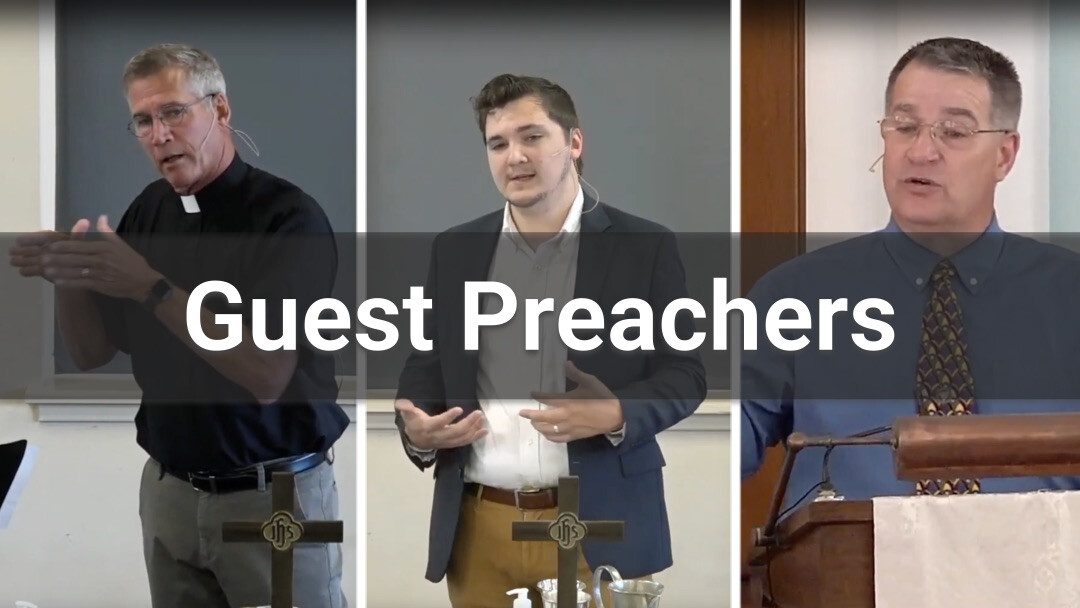
When Pastor Peter is away Second City Church is blessed to hear other men God has gifted to preach.








